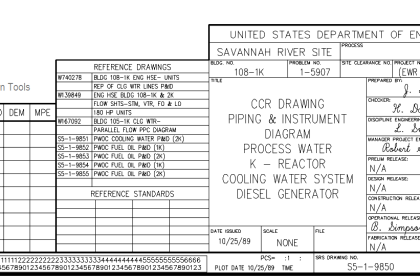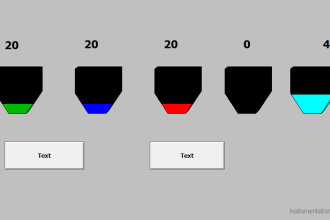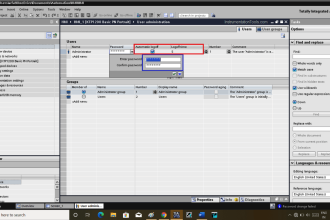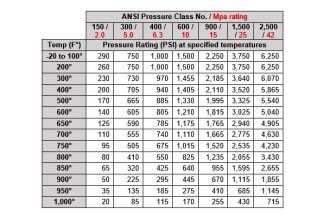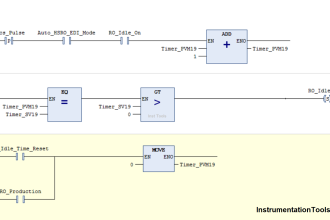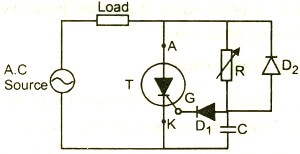In today’s world of the internet, every user has a need to connect to the internet swiftly and efficiently. Networking is a very vast field and it has a variety of equipment and devices, to connect to the network.
Data communication happens in two ways – wired and wireless.
Wired communication is less used nowadays as compared to wireless communication. In wireless communication, let us use the most general available example in front of us.
We use Wi-Fi routers at home for internet usage. This router is a type of wireless communication.
In this post, we will learn the working of a router and see its importance in networking.
What is a Router?
Let us understand a simple link of the internet travels to your home. Internet is available on a web server. A modem is a device that is used to communicate this data with respect to itself.
So, basically, a modem is used to connect to the internet via the internet service provider. Now, once the modem has been connected, the internet needs to be traveled to various users, so that they can now use them. This task is accomplished by a router.
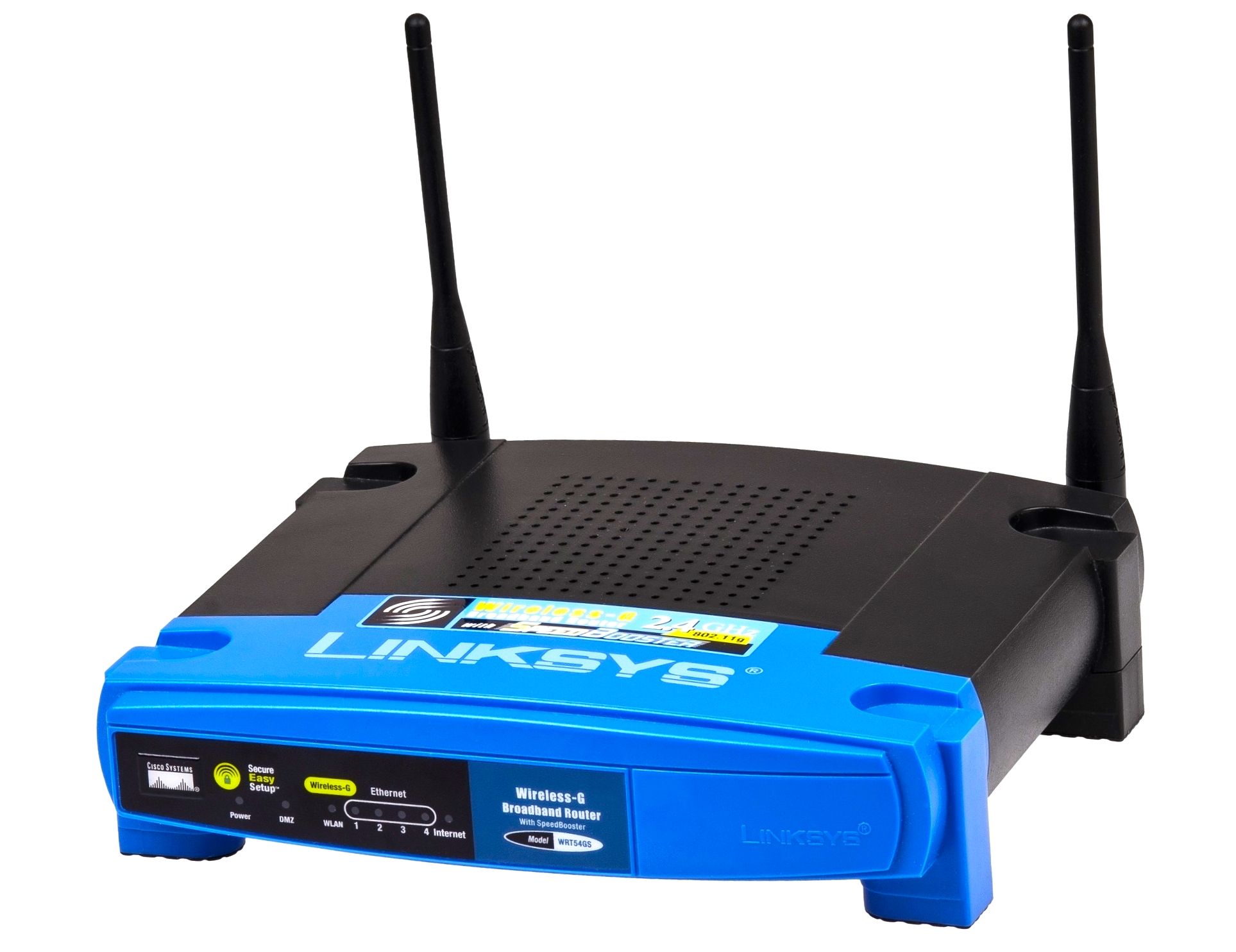
A router connects to the modem and connects to the internet through it. Once connected, it can now distribute the internet to various users. A modem cannot distribute internet and a router cannot connect to the internet directly.
So, a router can be termed as a device that manages traffic between these networks by forwarding data packets to their intended IP addresses and allowing multiple devices to use the same Internet connection.
Various users in a network have their corresponding IP addresses. So, if they are configured in the same network, then a router will directly transfer data to the respective IP addresses and thus, the corresponding users can use the internet now.
As suggested by the name, it routes traffic between the devices and the internet.
How do Routers work?
A router works on the principle of the internet routing table. A routing table is a set of rules, often viewed in a table format, that’s used to determine where data packets traveling over an Internet Protocol (IP) network will be directed.
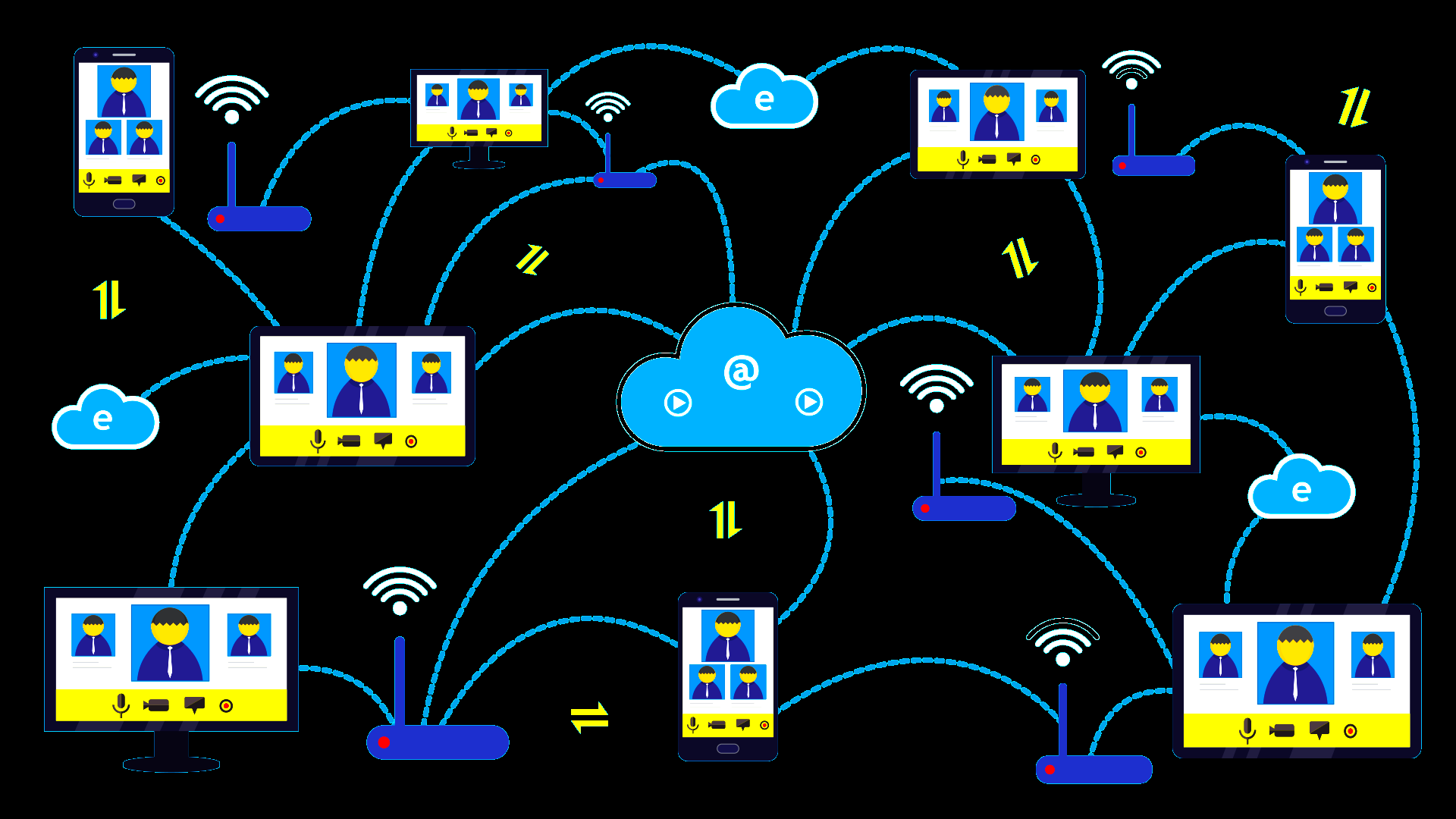
This table is usually stored inside the Random Access Memory of forwarding devices, such as routers and network switches.
So, as the name implies, each and every data of the device including the IP address is stored in the table. When a router has to transfer internet to the user, it will find the corresponding device which requires it and it then finds the best possible path to reach the destination. The router will continuously take updates of the table to transmit data effectively.
A router tries to direct incoming and outgoing internet traffic on the network in the fastest and most efficient way. Each and every device can use a different type of data usage, varying from simple browsing to downloading or watching a live cricket match.
The router identifies the data required for each device and determines the best possible path to reach it. So, you must have seen that whenever there are multiple users using the internet on the same router, they all get an equal amount of data at the correct speed. This avoids any lagging or conflict for other users. Everyone will then get internet properly to use.
For your information, it is to be noted that the fastest path to reach data is determined by a metric value. The path with the lowest metric value will be chosen to route data. The metric value can be valued by link speed, hop count, or time delay. Nowadays, a new feature has appeared in Windows called automatic metric, which automatically configures the metric for the local routes.
It is also important to note that you can create a local area of the network, without the internet, by using a router. It means that suppose there are 4 persons in a room, who want to share their local PC data frequently. So, just connect a router with each PC having a LAN cable to it; and they can share their data properly.




